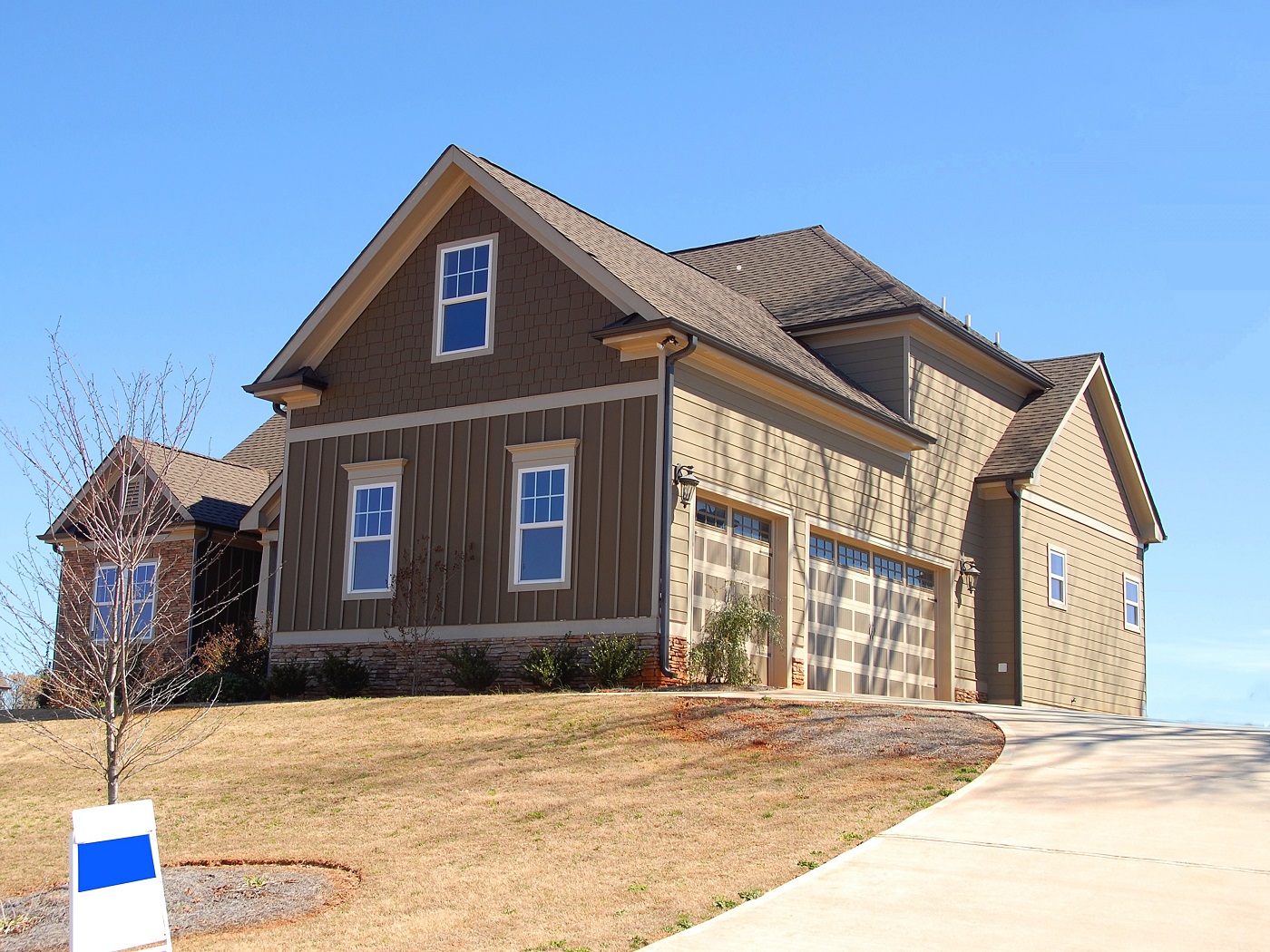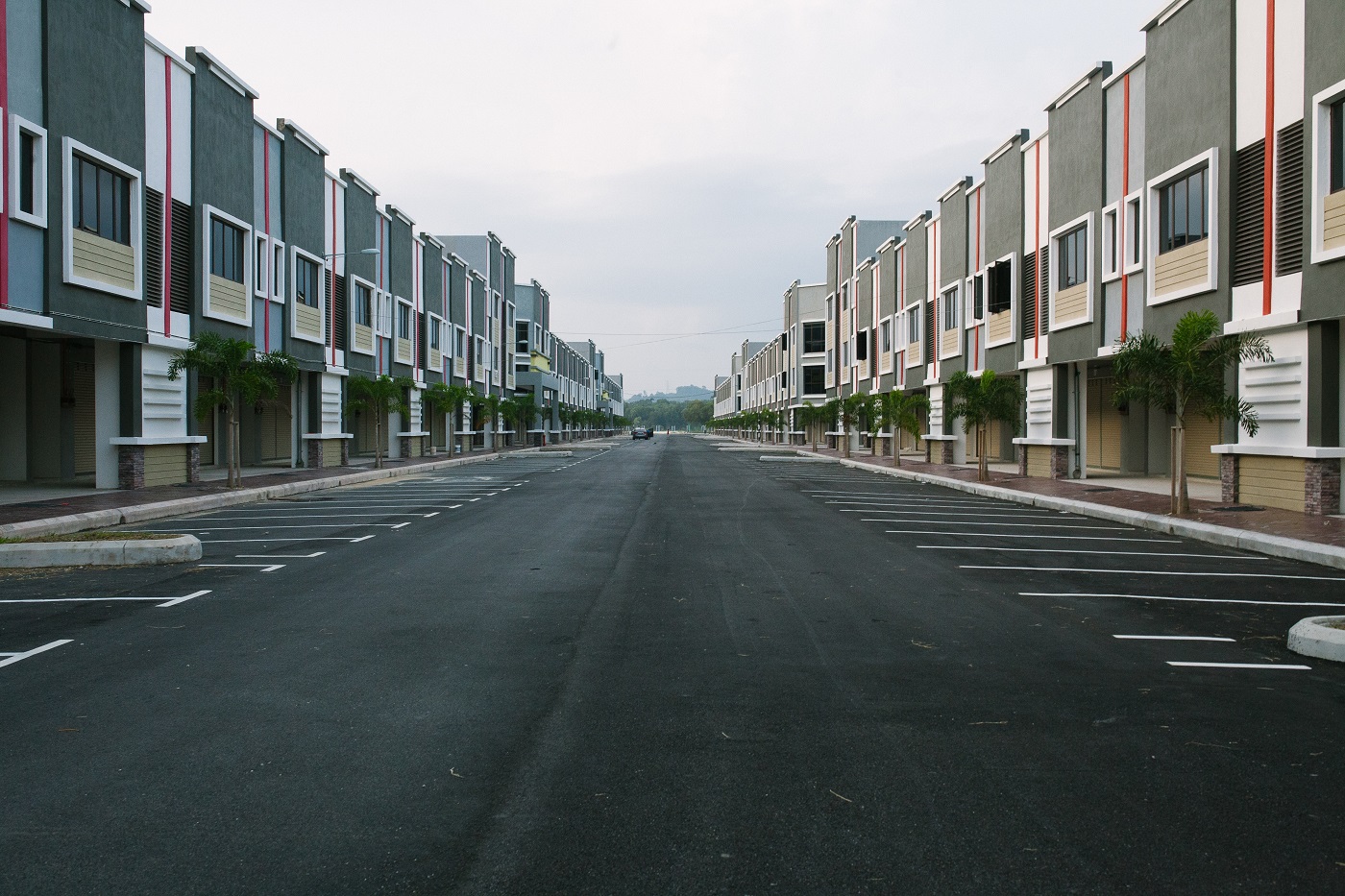
Community Associations fight the spread of COVID-19 where people live. Associations must not be stopped from collecting the assessments they need to keep up the fight. Senate Bill S2330 sponsored by Senators Joseph P. Cryan and Nellie Pou; and Assembly Bill A3908 Sponsored by Assembly Members Mila Jasey, Verlina Reynolds-Jackson and John McKeon had been listed for votes in the Senate and Assembly on April 13, 2020.
To the great relief of Condominiums, Co-Ops, and Homeowners Associations throughout New Jersey, neither the Senate nor the Assembly voted on these bills on May 13, 2020. These bills have however re-surfaced. And, at least for the moment, they do not contain Senator Pou’s proposed Amendment that would remove Association-crippling Section 3. A copy of Senator Pou’s proposed amendment may be viewed by clicking here: Senator Pou’s proposed amendment
The Assembly version, A3908, is scheduled for hearing before the Assembly Commerce and Economic Development Committee on Thursday, May 7, 2020 at 11:00 AM. The Senate version, S2330, is scheduled for hearing before the Senate Budget and Appropriations Committee on Thursday, May 7, 2020 at 1:00 PM. The Senate and Assembly Bills are identical for the time being. A copy of Senate Bill S2330 may be found by clicking here: https://www.njleg.state.nj.us/2020/Bills/S2500/2330_I1.HTM
The Committees would have taken your oral testimony on A3908 and S2330, by telephone and/or video but a deadline for submitting the required SBA Committee Registration Form was set as 3:00 pm on May 5, 2020 so it seems that the late notice will effectively exclude telephonic or video testimony. You may however still submit written testimony via e-mail to OLSAideSBA@njleg.org. Your e-mails will be included in the committee records and distributed to the Committee members. Please reference the bill numbers and Committees you are submitting your comments to in the e-mail Re: line.
Without amendment, the proposed legislation will cripple Association cash flow. It will make it more difficult or impossible for Associations to perform their critical functions. It will make it more difficult or impossible for Associations to pay the individuals and small businesses Associations employ.
Assessment revenue is the lifeblood of every Condominium, Co-Op, and Homeowners Association. To a degree, the crisis has already hobbled collection efforts.
We have advocated forbearance agreements and encouraged flexibility. We continue to do so.
Please e-mail the Assembly Commerce and Economic Development Committee members: Gordon Johnson, Robert Karabinchak, Robert Auth, John Catalano, Nicholas Chiaravalloti, John DiMaio, Aura Dunn, William Moen, Annette Quijano and Verlanda Reynolds-Jackson and the Senate Budget and Appropriations Committee members: Paul Sarlo, Sandra Cunningham, Dawn Addiego, Nilsa Cruz-Perez, Patrick Diegnan, Linda Greenstein, Declan O’Scanlon, Steven Oroho, Teresa Ruiz, Troy Singleton, Michael Testa, and Samuel Thompson and request that these bills not move forward without Senator Pou’s amendment removing Section 3. You may find your legislators by clicking here: https://www.njleg.state.nj.us/members/legsearch.asp
Thank you.










